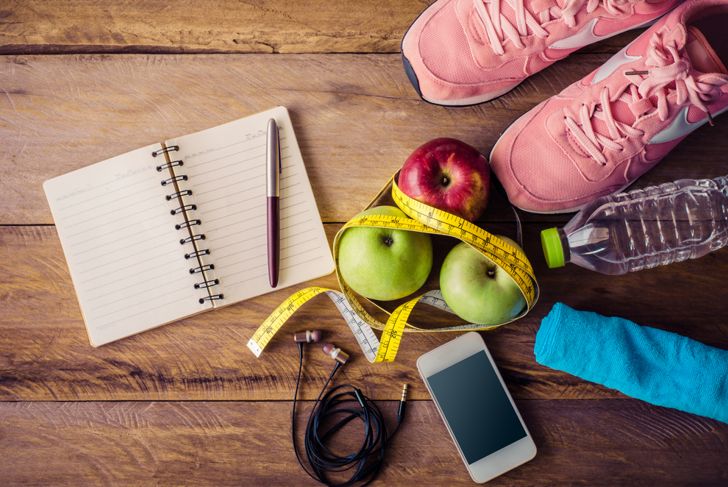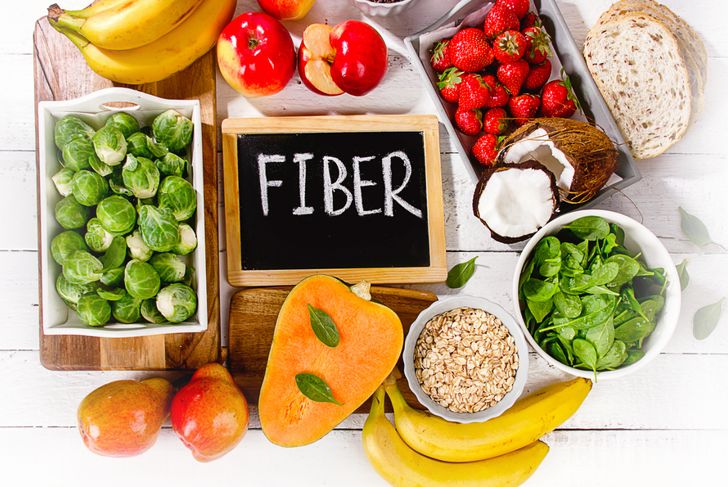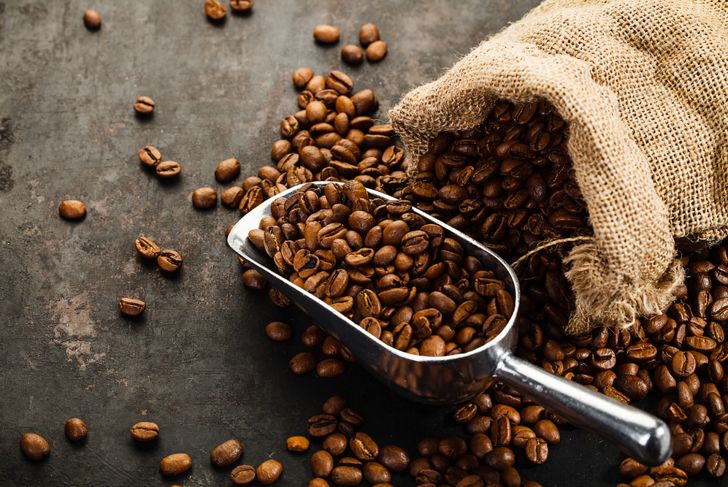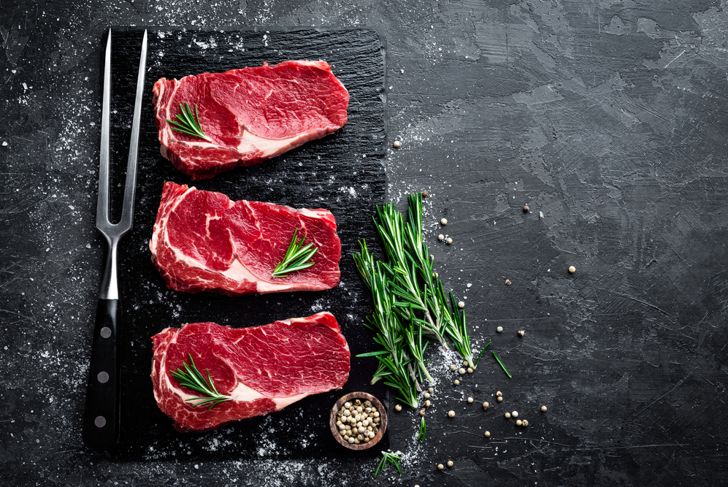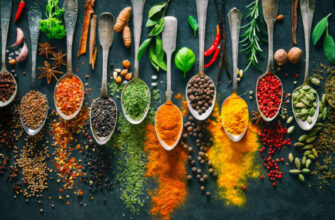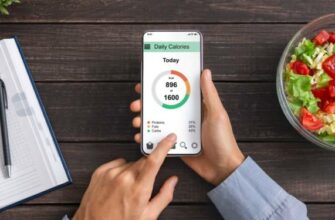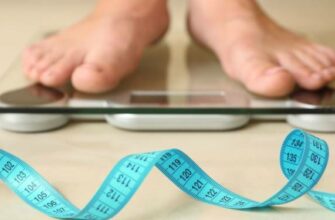Have you recently started a weight loss program only to reach a situation where your weight remains stable? This is known as the weight loss plateau and is one of the most significant barriers anyone who wants to lose weight will eventually face. With a few creative tips and techniques, you can easily overcome the struggle that is the weight loss plateau, and reach your ideal weight goal. In this article, we’ll go over the best ways to do so.
Evaluate Your Caloric Intake
As you lose weight, the amount of calories you should be consuming changes. This is closely related to your metabolism levels, which tend to decrease alongside your weight because the body requires less energy to power the body. If you start out weighing 175 pounds, your body will need more energy – and therefore more calories – than it would need if you weighed 160 pounds. Thus, it’s wise to revise your calorie needs every once in awhile. It’s especially important to act under the guidance and oversight of a doctor or trained professional.
Keep An Eye On Diet
Some factors determine the success or failure of your weight loss program. Everyone wants to succeed, naturally, making it easy to lose sight of basic dietary guidelines. Many people believe misleadingly that as long as you eat low amounts of food, you can eat anything – even fast food. This couldn’t be further from the truth, however, as food quality is a highly crucial factor. Include a variety of fruits and vegetables in your diet, and ensure an abundant supply of lean and healthy proteins. It should go without saying that you should drink at least 7 cups of water per day.
Change Your Routine
If you like to hit the gym – which you should be doing, ideally – it’s good to know that you should shake up your gym routine every once in a while. This is one of the most effective ways to deter the weight loss plateau because it forces your body to adapt and therefore exert more physical effort, leading to more burnt calories and ultimately weight loss. You shouldn’t perform the same routine week after week, instead, try to change things around after every routine. You don’t even have to change the exercises, just the order in which they are performed.
Stay Away From Snacks
When battling weight, diet is everything. No wonder they say diet accounts for 70% of weight loss whereas the rest comes from exercising. If you’ve been eating healthy for weeks on end, it can be tempting to indulge in some snacks, mainly because the body craves for it. You should avoid this at all costs, as it may lead to binge eating – an activity which is likely to lead to a higher weight. You can fight fast food and sugary snack cravings by establishing a cheat day, an occasion in which you can enjoy a few treats. But not more than once a week.
Keep Track Of Diet
One of the most fun ways to fight the weight loss plateau is to jot down everything you eat carefully. That way, you can analyze what you’re eating, when you’re eating, and how it affects your weight. This can help you to understand on a long-term which foods you should eliminate from the diet. Moreover, if you’ve tried everything and still aren’t losing weight, you can show your doctor your weight loss journal. He or she can provide you with valuable information and tips on how to lose weight. This is only possible so long as you write down what you’re eating.
Attempt Intermittent Fasting
A recent trend in the world of losing weight is intermittent fasting, a form of dieting that maximizes weight loss. It means going long periods of time without food, around 15 to 45 hours per session. However, this figure varies wildly from person to person, and you should consult your doctor before attempting this form of diet. The benefits of intermittent fasting include increased weight loss as well as body fat loss. Moreover, it can help you to sleep better and increase energy levels. Some studies have even concluded that this dieting alternative can help keep muscle mass, despite losing calories.
Cut Down On Alcohol
Alcohol is avoided by many, and for a good reason. Not only can it cause inebriation, but it can mess with your attempts at losing weight. Alcohol provides little to no nutritional value, but it has a high caloric value. Moreover, you’re likely to consume more than one serving per sitting, increasing the weight-gaining effects of alcohol. Naturally, alcohol can also foment other unhealthy behaviors such as binge eating or excessive sleep. If you plan on consuming alcohol, don’t drink more than one serving for a maximum of three per week. Seek professional help if you can’t let go of alcohol.
Ingest Fiber
Fiber refers to all the content that your stomach can’t digest. It’s an essential building block of any diet. Not only can fiber add bulk to your stools, but it can also help you ward off the weight loss plateau. Fiber is especially beneficial for weight loss, even more so when it comes to soluble fiber (meaning that is dissolved in water). Fiber can help to slow down the digestive process, leaving you feeling full and satisfied for more extended periods of time. Moreover, it keeps the intestines clean and reduces the risk of developing polyps.
Enjoy Caffeinated Drinks
If you’re a fan of coffee or tea and you’re trying to lose weight, you’ll be happy to know that drinks containing caffeine can, in fact, lead to weight loss. Even water – which contains no calories – can boost metabolism levels by up to 30%. Moreover, water is found abundantly in many fruits and vegetables, meaning that you don’t necessarily have to drink just plain water. For its part, coffee and tea can help to boost fat loss, but you should keep caffeine consumption in moderation as it may have unhealthy effects on the brain.
Eat Protein
As far as diet is concerned, many elements can influence the overall effectiveness of a weight loss diet, one of which is protein. Protein is crucial as it can boost metabolism, meaning that your body uses more energy to absorb this substance. Further research has proved that protein can increase fat loss, while at the same time safeguarding muscle mass and muscular development. Focus on lean proteins that are low in fat and sodium. Another vital point to remember is that protein consumption should be ideally distributed throughout the day.

 Home
Home Health
Health Diet & Nutrition
Diet & Nutrition Living Well
Living Well More
More
